BALANCE Balance in design is similar to balance in physics A large

GRADATION Gradation of size and direction produce linear perspective. Gradation of color from warm to cool and tone from dark to light produce aerial perspective. Gradation can add interest and movement to a shape. A gradation from dark to light will cause the eye to move along a shape.
A large light toned shape will be balanced by a small dark toned shape (the darker the shape the heavier it appears to be).
Symmetrical Asymmetrical Radial
Gradation of color from warm to cool and tone from dark to light produce aerial perspective. Gradation can add interest and movement to a shape. A gradation from dark to light will cause the eye to move along a shape..
The five squares above are all the same. They can be taken in and understood with a single glance..
They can no longer be absorbed properly with a single glance. The individual character of each square needs to be considered. If you wish to create interest, any repeating element should include a degree of variation..
opposite colors on the color wheel - red / green, blue / orange etc. Contrast in tone or value - light / dark. Contrast in direction - horizontal / vertical. The major contrast in a painting should be located at the center of interest. Too much contrast scattered throughout a painting can destroy unity and make a work difficult to look at. Unless a feeling of chaos and confusion are what you are seeking, it is a good idea to carefully consider where to place your areas of maximum contrast..
eg. adjacent colors on the color wheel, similar shapes etc..
Dominance can be applied to one or more of the elements to give emphasis.
Dominant Sub-dominant Subordinate
eg. a painting with an active aggressive subject would work better with a dominant oblique direction, course, rough texture, angular lines etc. whereas a quiet passive subject would benefit from horizontal lines, soft texture and less tonal contrast. Unity in a painting also refers to the visual linking of various elements of the work..
Without it, the image becomes disjointed and confusing, which distracts from the theme. Here I ve disrupted the unity of Jacques-Louis David s Oath of the Horatii by adding a new figure. Although Blossom is cute and adorable, the effect she has on the painting s unity is not. She sticks out like a sore thumb and completely distracts from the theme..
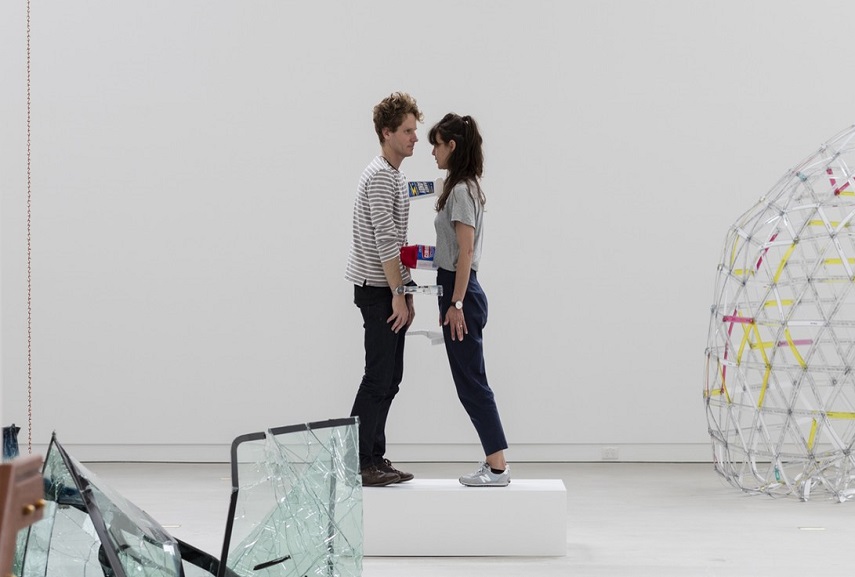
Balance in Art - Definition, Examples and Why It Is Important

Principles of Design terms Basic design principles, Principles

Principles of Design - Graphic Design Theory

Balance in Art: Mastering Creative Harmony
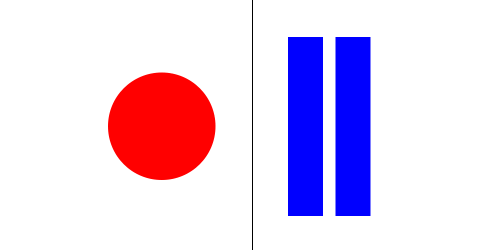
Design Principles: Compositional, Symmetrical And Asymmetrical Balance — Smashing Magazine

Triple Beam Balance, Definition, Parts & Use - Lesson

applique by Center for Students & Co-Curricular Affairs - Issuu

The Principles of Design

Importance of principles of design by ADMEC Multimedia Institute
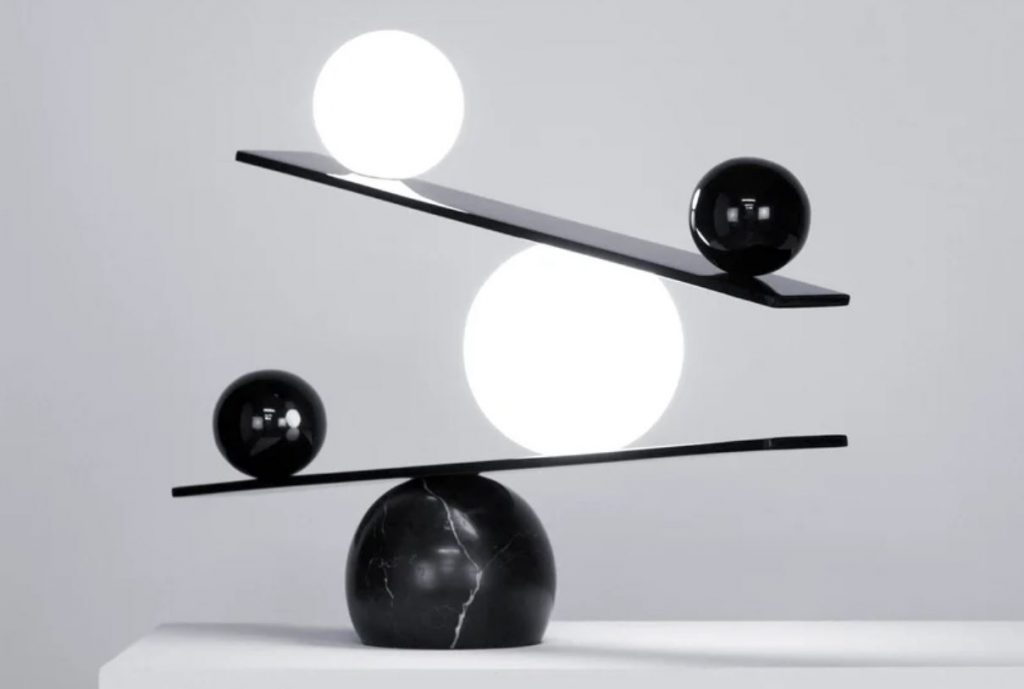
What Is Asymmetrical Balance? (Examples + How to Use it)
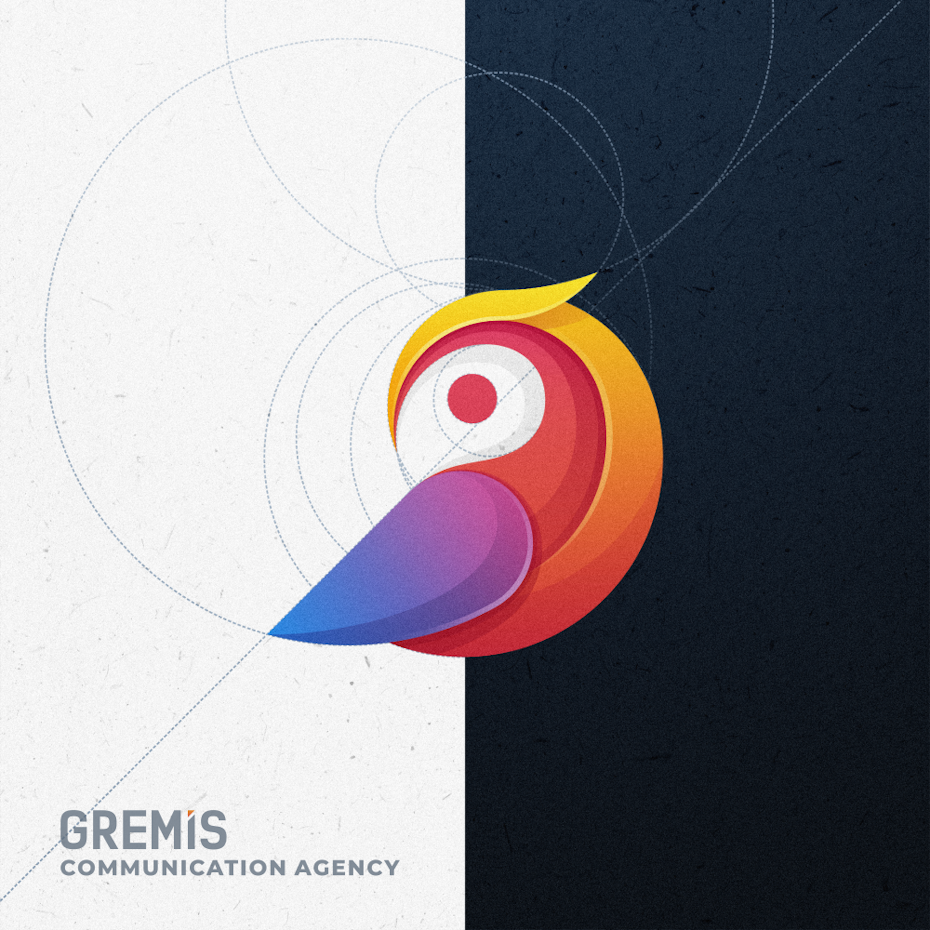
Balance 101: how to use symmetry and asymmetry in design - 99designs
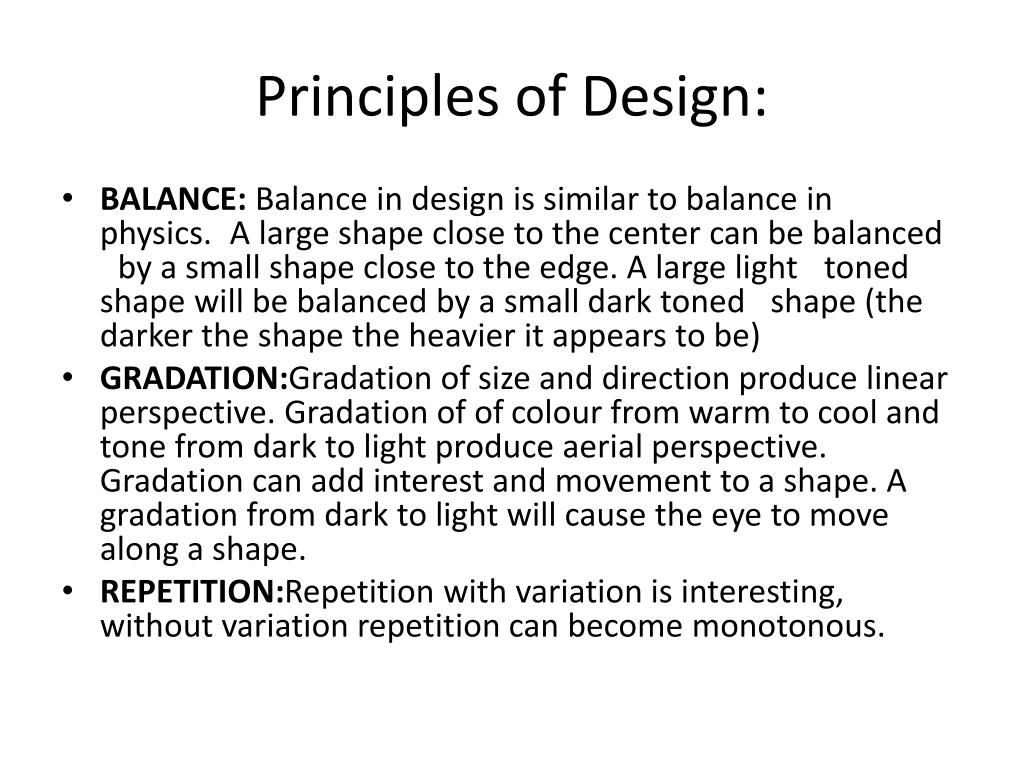
PPT - Elements and Principles of Design PowerPoint Presentation
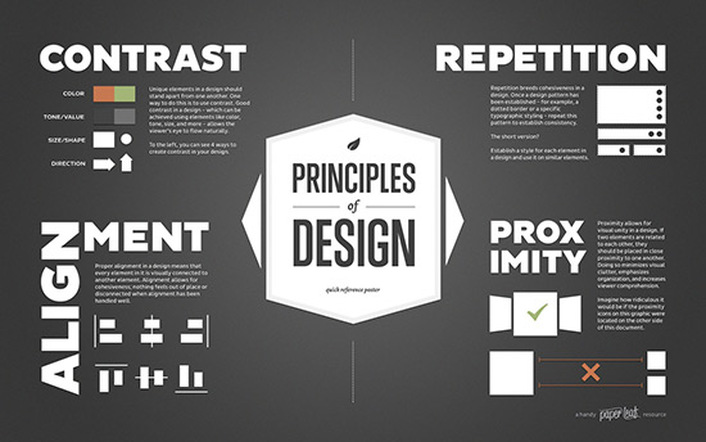
Principles of Design - generic technology portal

Definition of Balance Balance art, Principles of design, Graphic design activities

Balance in Art - Definition, Examples and Why It Is Important